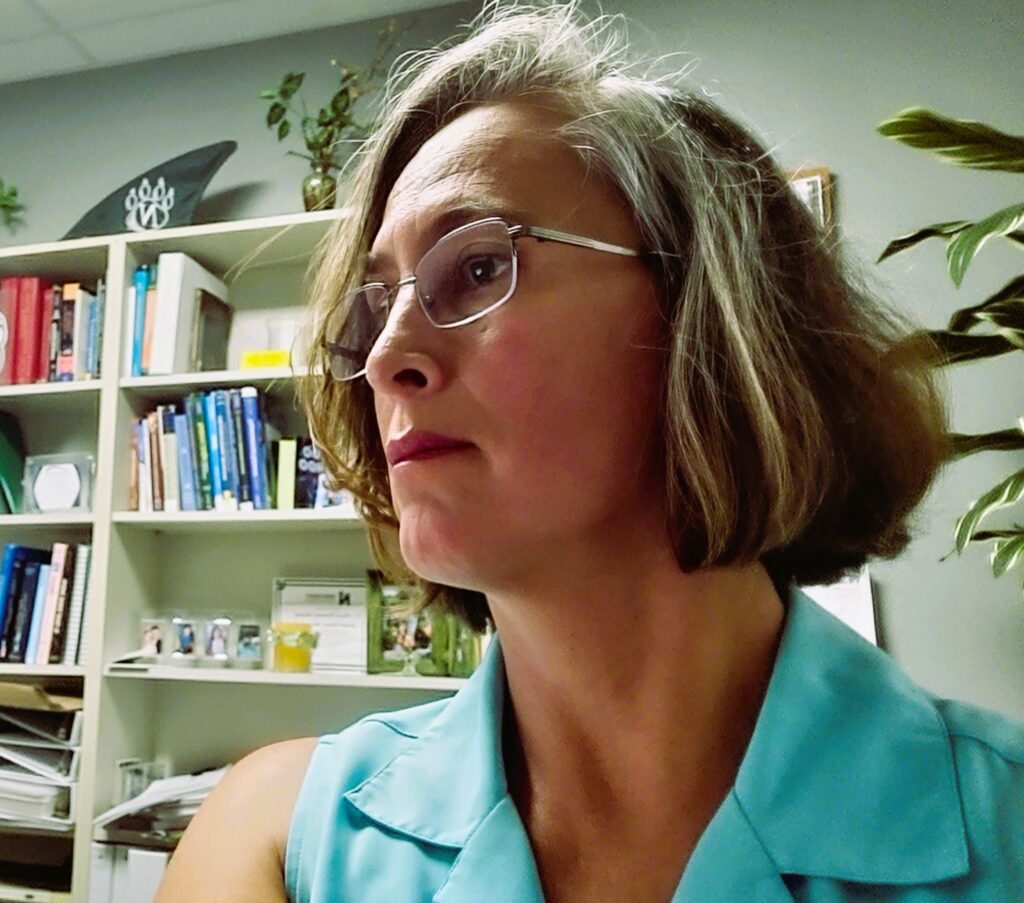Contact
Risepoint
700 North Pearl Street, Suite 600
Dallas, TX 75201
855-593-6050
Since 2012, Risepoint has awarded grants to faculty researchers at its partner universities to support cutting-edge research in online learning. Faculty from institutions working with Risepoint-supported programs may receive funding for research that increases understanding about the efficiency or efficacy of different approaches in online learning.
Higher education has changed as the prevalence of online education has increased. More adults with full time jobs are returning for a graduate education and many of them choose the online modality due to their responsibilities, priorities, and sources of support. Therefore, we need to analyze factors that make online graduate students successful in their educational journey. Using a time-lagged, sample of 244 online graduate students, this study examines the role of intrinsic motivation, engagement, and work-school-family inter-role conflict in the success of online graduate students employing SEM. Results show students’ intrinsic motivation has a positive impact on student success measured by self-reported learning (β=.33, ρ<.01, R2=.12) and grade (β=.21, ρ<.01, R2=.05). Engagement partially mediates the relationship, greatly increasing the explanatory power of the model (learning R2=.34, grade R2 =.09). Work-school-family inter-role conflict moderates this relationship, significantly weakening the positive relationship between intrinsic motivation and engagement (β=-.14, ρ<.01). These findings increase our understanding of elements impacting students’ success. Recommendations on how to maximize the positive impact of intrinsic motivation on engagement and reduce the negative impact of inter-role conflict, as well as suggestions for future research in the area, are provided.

Claudia Araceli Hernández is an Assistant Professor of Management at the Melvin D. and Valorie G. Booth School of Business at Northwest Missouri State University. Her work primarily focuses on the human resource and organizational behavior areas. Her teaching experience spans over several management areas in all different modalities: face-to-face, online and blended, and at different levels: associate, undergraduate, and graduate.
Dr. Hernández has an undergraduate degree in Human Resource Management from the Instituto Tecnológico de Chihuahua, and an MBA and a PhD in International Business from the University of Texas at El Paso. She has worked both in the private sector and the government in various managerial areas including human resources, finance, and general administration. She also has experience at diverse levels of organizations from line supervisor to top management.
This study aimed to create and evaluate a synchronous online simulation experience for nursing students to explore their attitudes and empathy towards those living in poverty. Knowledge of poverty and empathy scores were compared before and after participation in the newly adapted virtual version of the Missouri Community Action Network’s Poverty Simulation (2020). To answer the questions of usability and differences between pre and post knowledge and empathy scores, frequency distributions, descriptive statistics, and mixed models were used. It was postulated that the simulation would be an effective activity in the online learning environment. Furthermore, students would enhance their knowledge and empathy toward those in poverty.

Jennifer Roye, MSN, RN, is the assistant Dean for Simulation and Technology and a Clinical Assistant Professor at The University of Texas at Arlington College of Nursing and Health Innovation. She is lead faculty for the Nursing Care of Children course in the accelerated online BSN program. Mrs. Roye received her MSN from UTA in 2003 and is currently enrolled at The University of Alabama in the EdD Instructional Leadership program. She practiced as a PNP for 10 years and as an RN in the Emergency Department at Cook Children’s Medical Center in Fort Worth, Texas for 16 years. Her areas of research and interest include simulation, telehealth, student engagement, and enhancing online education.
Healthcare delivery techniques are evolving rapidly as a result of improved and innovative technology. Literature shows there is a lack of educational preparation of advanced practice nurses in the area of telehealth and telemedicine. The development of an innovative telehealth curriculum, with inclusion of simulated telehealth visits via telepresence robots will increase the learners’ understanding of and proficiency with this method of healthcare delivery. The method of delivery of the content will also allow distance learners to experience the curriculum and simulation consistently with on campus students.

Jennifer Roye, MSN, RN, is the assistant Dean for Simulation and Technology and a Clinical Assistant Professor at The University of Texas at Arlington College of Nursing and Health Innovation. She is lead faculty for the Nursing Care of Children course in the accelerated online BSN program. Mrs. Roye received her MSN from UTA in 2003 and is currently enrolled at The University of Alabama in the EdD Instructional Leadership program. She practiced as a PNP for 10 years and as an RN in the Emergency Department at Cook Children’s Medical Center in Fort Worth, Texas for 16 years. Her areas of research interest include simulation, telehealth, student engagement, and enhancing online education.
Using research-based practices a principal preparation program located in Texas restructured its practicum activities. Funded by a research grant, sponsored by Risepoint, three coherently sequenced field activities were developed and mandated as part of the practicum. These activities were performed by principal preparation candidates on school campuses and archived using video recordings. The video recordings were asynchronously observed and evaluated by certified university field supervisors. Upon completion of the evaluation, individual feedback, coaching statements, and goals were shared with each candidate in a one-to-one synchronous online conference led by field supervisors. Researchers analyzed data to identify qualitative themes concerning the impact of the coherently sequenced activities. Data from the principal candidates and field supervisors were analyzed. (In memoriam, the authors recognize the contributions of Donna Azodi in this research effort.)

Dr. Thomas Harvey has been an educator for 44 years and currently serves as an Assistant Professor and as the Director of Field Supervision in the Department of Educational Leadership at Lamar University. His background includes practitioner experience as a teacher of music at all levels; a fine arts department chair; a campus principal at the elementary, middle, and high school levels; and as a school superintendent in two very different school districts.
Having been nominated for principal of the year in Texas, twice named as the regional superintendent of the year, and twice nominated for the Texas superintendent of the year award, he was inducted into the Lamar University Educator Hall of Fame in 2002. Prior to coming to Lamar University, he was an Assistant Professor at Southeastern Oklahoma State University in Durant, Oklahoma. His research interests include principal preparation, organizational behavior, and school law. He lives on a ranch in East Texas with his wife where they raise registered Angus cattle.
Live online course design and delivery webinars hosted by the Academic Services and Products team
Developed by Risepoint, Faculty eCommons (FeC) is a social learning ecosystem for faculty across the world to work together to improve online education. FeC contains resources specifically tailored to help online instructors and is maintained by the Academic Services and Products team at Risepoint.
The information provided on Faculty eCommons, including links to third-party websites, does not, and is not intended to, constitute legal advice; instead, all information, content, and materials on this website are for general informational purposes only.
Risepoint
700 North Pearl Street, Suite 600
Dallas, TX 75201
855-593-6050